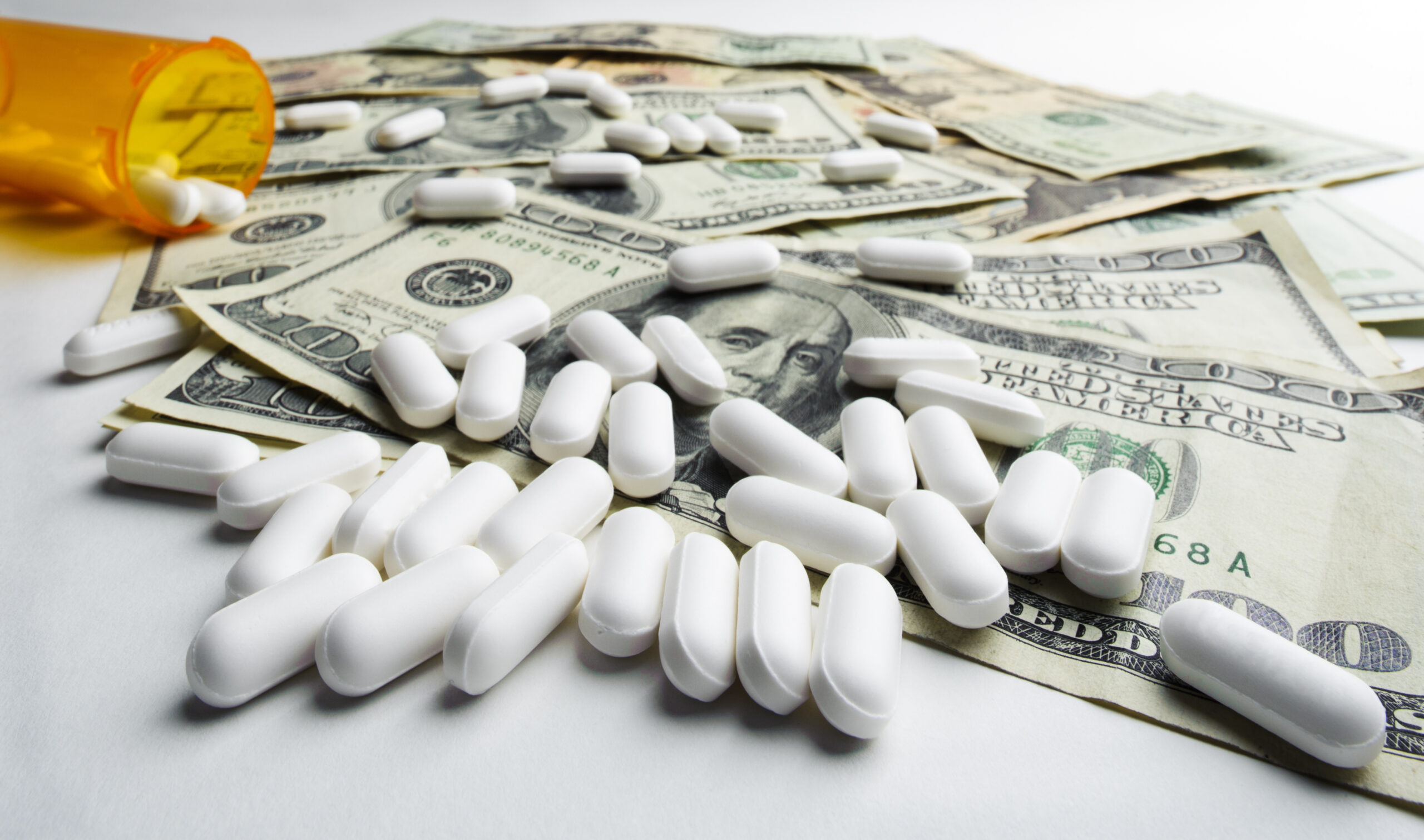© 2025 CSRXP- All Rights Reserved

RealClearHealth: Path Forward To Solving Out-Of-Control Drug Prices
Jan 31, 2019
Meaningful Reforms Have Already Taken Shape – Now It’s Up To Congress And President Trump To See Them Through
Path Forward To Solving Out-Of-Control Drug Prices
Lauren Aronson
January 25, 2019
RealClearHealth
The millions of patients who are struggling to pay for prescription medication has reached epidemic proportions. Drug prices are skyrocketing, while Big Pharma continues to rake in record profits. With one in four Americans unable to afford the medication they need to survive, it should come as no surprise that a recent Harvard/POLITICO survey found taking action to lower drug prices is Americans’ top priority for Congress. Fortunately, there is a clear bipartisan focus from both ends of Pennsylvania Avenue to answer Americans’ call to action.
President Trump, Department of Health and Human Services Secretary Azar, and leaders in Congress have already laid the groundwork for substantive action this year that will boost competition, strengthen transparency, and hold drug makers accountable.
Pharmaceutical companies have had a monopolistic stranglehold on the drug market because they’ve blocked legislation that fosters competition. Generic and biosimilar drugs can take years to get to the market, forcing consumers to pay exorbitantly high prices because few alternatives exist.
Last year, Senators Chuck Grassley (R-IA) and Patrick Leahy (D-VT), and Representative David Cicilline (D-RI) introduced the Creating and Restoring Equal Access to Equivalent Samples (CREATES) Act, a market-based reform that will speed the introduction of generic and biosimilar competition for brand-name drugs. It is a highly-targeted remedy that will make prescription drugs more affordable by ending the competitive abuses utilized by some brand-name manufacturers and help restore the balance between innovation and affordability that Congress intended. The bill is expected to be re-introduced, with several dozen senators on both sides of the aisle signing on as co-sponsors.
Consumers are often powerless when shopping for prescription drugs because there is little transparency as to how drug companies set their prices and why they raise them. Drug makers increase prices by up to 15 times the rate of inflation with no rhyme or reason. For instance AbbVie, the maker of the world’s best-selling drug Humira, has raised the price 12 times over the past five years, making the drug unaffordable for many vulnerable patients who need it.
The Fair Accountability and Innovative Research (FAIR) Act by Senators Tammy Baldwin (D-WI) and the late John McCain (R-AZ), and Representatives Jan Schakowsky (D-IL) and Francis Rooney (R-FL), would crack down on arbitrary hikes by requiring drug companies to give notice and justification for raising the price of a drug. Similarly, President Trump, as well as Senators Grassley and Richard Durbin (D-IL), have also taken considerable action to increase price transparency through direct-to-consumer (DTC) advertising proposals, which would require drug companies to disclose the list price of their drugs in their advertising.
To truly lower prices for patients, it’s essential to pair these market-based reforms with an oversight effort that holds drug makers accountable for anticompetitive practices. For example, patent abuse runs rampant in the pharmaceutical industry because there are few regulatory systems in place to keep them in check. Drug companies have strategically manipulated the law in order to extend patents on their products, turning the system into an avenue to maintain their monopoly – not to protect research and development. An I-MAK study found that four out of the top 12 best-selling drugs in the United States have been on the market for more than 20 years and still do not have competition from lower-cost generics or biosimliars. Take for example, Sanofi’s Lantus, the leading drug for people with type 1 diabetes. Sanofi’s primary patents for Lantus expired in 2015, but the company has filed 70 secondary patents since it was put on the market in 2000. If approved, the patents would give Sanofi monopoly protection for up to 37 more years.
Aggressive oversight, along with bipartisan, market-based solutions, will not only hold drug makers accountable, it will empower consumers by giving them access to more choice and equipping them with the information they need to make the best decisions for their health. No patient should have to choose between paying for their daily needs or taking the medicine they need to live. By boosting competition, increasing transparency and ending patent abuse, we can reduce drug costs and bring much-needed relief to patients.
There are few policy issues that Democrats and Republicans agree on, but protecting Americans from the price-gouging practices of Big Pharma is one with broad, bipartisan support. Meaningful reforms have already taken shape – now it’s up to Congress and President Trump to see them through. There is more work to be done, but patients and taxpayers should be encouraged that we are heading in the right direction.
Lauren Aronson is the executive director of the Campaign for Sustainable Rx Pricing, a broad-based coalition of leaders – physicians, nurses, hospitals, consumers, health plans, pharmacy benefit managers, pharmacists and businesses – promoting bipartisan, market-based solutions to lower drug prices in America.
CLICK HERE to read more about CSRxP’s proposals for change.
###
